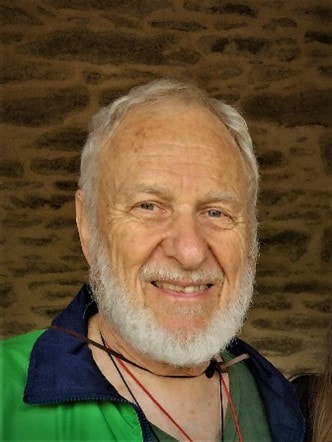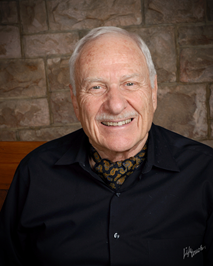- Home
- About
-
Books
- Wisdom for Living: learning to follow your inner guidance
- Terranautics 101: the basics for navigating an uncertain future
- Living in the Power Zone: How Right Use of Power Can Transform Your Relationships
- stories i remember: my pilgrimage to wisdom
- wising up: a youth guide to good living
- wisdom: daily reflections for a new era
- a world treasury of folk wisdom
- Blog
- Other Services
|
At 83 I find it hard to be “woke.” But before I go any further, let’s define this highly charged political term. Here then is what I found in Wikipedia: "In activism and politics, woke (/ˈwoʊk/ WOHK) means "alert to racial prejudice and discrimination.” Beginning in the 2010s, it came to encompass a broader awareness of social inequalities such as sexism, and has also been used as shorthand for American Left ideas involving identity politics and social justice, such as the notion of white privilege and slavery reparations for African Americans. Originating as an adjective in African-American Vernacular English (AAVE), the word may also be used as a noun." Wokeness these days, at least in Boulder, Colorado, where I live, includes stating your pronouns when you introduce yourself at meetings and indicating the tribes on whose stolen lands you live—here in Boulder it’s the Northern Arapahoe, the Cheyenne, and the Ute. I suspect more such items will be added in due course. All this reminds me of self-introductions at AA meetings: “Hello, my name is So-and-so, an Alcoholic.” The confessional mode of the Jesus prayer also comes to mind: “Lord Jesus Christ, Son of God, have mercy on me a sinner.” Now I don’t mean to put wokeness down, although it may sound like that. As a Sufi practitioner of sorts, I know that Sufis, the mystics of Islam, talk about three states of being: asleep, aware, and awake. Most people, per this taxonomy, live unconscious lives. They are spiritually asleep. Others are searchers, aware of their spiritually dormant condition and are looking to wake up. Very few in this sense are truly awake. The word Buddha, moreover, means “the awakened one.” So, as a seeker, I’m fully onboard with the concept of waking up. My problem is avoiding the politically incorrect habits that came with growing up in the 1950s, most of which, I agree, should be unlearnt. My difficulty lies, for example, in calling nonbinary (NB) people “they.” Can you imagine how hard it must be for a retired college English teacher like me to use a plural pronoun for an individual after having spent years teaching my students not to do so? Yet, in truth, I can use they when referring to either one or more people, the number being unknown. So what’s my problem? You ask. Okay, so I have a nonbinary friend who is biologically female. Although their hair is kept at crew-cut length and they wear gender-nonspecific clothes, their voice is in the soprano-alto range. I forget all the time and say “she” and “her,” with my 78-year-old wife, who corrects me, having the same problem. And beyond all this, I believe that my country and I have systemic and personal racist, sexist, and homophobic attitudes even if they’re unconscious. The goals of wokeness in my opinion are both necessary and laudable. So, dear reader, I’ll keep trying to get with this important program, although clearly I won’t succeed overnight. Meantime, as a confirmed internationalist who’s visited nearly 50 countries and speaks eight languages, my adjectives are HE, HIM, WE.
0 Comments
Leave a Reply. |
|

